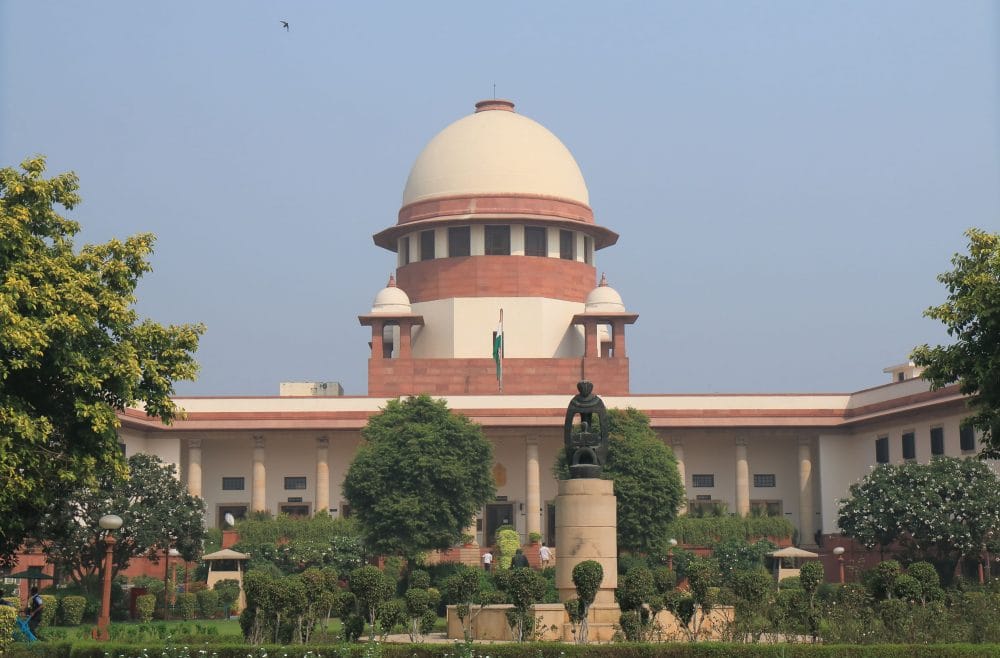
The Centre is now under orders from the Delhi High Court (DHC) to promptly roll out a policy to fund treatment of those suffering from rare diseases.
Rare diseases, despite the scarcity the name suggests, affect seventy million Indians. Their treatment has been a long-standing issue of contention in India. A draft rare diseases policy has been in the works since 2009, leading to approval of the National Policy for Treatment of Rare Diseases (NPTRD) last year.
Under the approved draft policy, Rs 100 crore (US$14 million) would be allocated towards research and treatment of such conditions. However, progress on rollout of the NPTRD stalled, culminating in a gazette notification issued by the Union Ministry of Health and Family Welfare (MoHFW) in December stating that the policy would be kept “in abeyance” until a review by the Centre. It appeared, therefore, that the NPTRD was being neglected.
The DHC has now intervened, instructing both the Centre and Delhi’s ruling Aam Aadmi Party (AAP) to begin implementing the policy as soon as possible. Justice Manmohan presided over the case and asserted that it was the “constitutional obligation” of officials to ensure rare disease sufferers could avail treatment. Manmohan further directed the Centre to convene a meeting of stakeholders in order to finalise a policy and that the policy should be activated on the ground within a nine-month timeframe.
“The suit [argued] that the treatment of those suffering rare diseases was “arbitrary, discriminatory, unjust” and violated the right to healthcare”
The DHC’s ruling came at the same time as the Supreme Court sought responses from the Centre and 34 state and union territory (UT) governments with regards to rare diseases. The SC sought responses pertaining to the establishment of state-level committees to oversee the treatment of those suffering from rare diseases to ensure they could access the diagnostics and care they require. Only Delhi and Jharkhand were not included in the SC’s directive.
Responses were sought following a public interest litigation (PIL) filed by the Organisation for Rare Diseases India. Advocate Ashok Agarwal argued in the suit that the treatment of those suffering rare diseases was “arbitrary, discriminatory, unjust” and violated the right to healthcare as provided for in the Constitution of India.
Stalled progress on a rare diseases policy can be attributed in part to confusion over what exactly constitutes a rare disease. This has been lambasted by activists.
“This is no less than criminal,” Prasanna Shirol, co-founder and executive director of the ORDI, said in December as progress on the policy stalled. “People are dying due to lack of medicines and you say you are looking for definitions. You can define and improvise that definition in time, but till then you can at least start giving them medicines.”
A rare disease can generally be understood as a condition which affects fewer than five to seven people per 100,000. The relative expense of treating many conditions which fall into this bracket makes legislating their treatment difficult – and can also be explained as one reason why progress has proceeded as such as a slow pace. Now with legal pressure on the Centre to get a policy in place, one can hope that India’s rare disease sufferers could avail the treatment they need soon. It is clear that lives as well as legislation hang in the balance.

